Denial: An important movie at the right time
November 7, 2016
Did the Holocaust really happen? Is there any evidence? And is denying the Holocaust exercising freedom of speech? ‘Denial’ tells the true story of the legal battle between the Jewish-American author Deborah Lipstadt and David Irwing, who calls himself a historian, in which these questions got answered.
David Irving (Timothy Spall) is a British author who specializes in World War II, with a focus on Adolf Hitler. When Deborah Lipstadt (Rachel Weisz) publishes a book about Holocaust denial, in which she explicitly refers to Irving as a denier, he sues her in a British court for libel. She and her publisher, Penguin Books, hire some of Britain’s best lawyers, including Richard Rampton (Tom Wilkinson), an expert for such cases. British law requires the defendants to proof the plaintiff’s wrongdoing to legitimize their former claim, in this case the denial of the Holocaust by Irving. However, this turns out to be not that easy, and the case is viewed as a precedent by the media and the public. Ultimately a court will make a decision regarding the Holocaust, and many people in the Jewish community fear what happens when the denial gets legitimized by the court and urges Deborah to settle the case. The pressure on her gets immense from all sides as the trail goes on.
‘Denial’ is an interesting movie if you like court dramas and dialogue based movies. Of course there is not much action, and the suspense is also limited, yet this is an exciting movie that’s really well written. It often feels like a documentary, mainly for two reasons: First, all actors make a tremendous job, especially Weisz and Spall. They copy their real-life-counterparts precisely up to little gestures and director Mick Jackson (‘The Bodyguard’) knows how to stage them right and of course Tom Wilkinson is as brilliant as always. All these acclaimed actors completely disappear in their roles, and make-up and costume designers do the rest to make them look like normal people; lawyers and authors.
Secondly, writer David Hare used original court transcripts for his screenplay which is primarily based on the book Lipstadt wrote about the trail. This realistic approach also breaks with common dramaturgy and only at the end of the movie before the final verdict director Jackson uses a few tricks to increase the suspense, because the decision of the court is well known since the move is based on real events. The camera work also contributes to the serious subject and is rather reserved; the focus is clearly on the case and what’s at stake, and crew and actors never shift their focus.
Aside the production, it is also interesting in which time this move starts. Set shortly before Election Day, this movie is not only entertainment – it’s a statement. It’s a movie about someone who intentionally spread lies to feed into his agenda, and uses slander to go after people trying to call him out. It is to some degree a mirroring of the events in this election campaign, and it is shocking how many parallels one can find between David Irving and Donald Trump. This movie however shows that populists can be dealt with, and their biggest enemy is the truth. It’s a reminder that the good in the world has not disappeared because the bad can shout louder, but that it is much stronger as people work together and stand up against it. It’s the right movie at the right time.
Denial (2016); Directed by Mick Jackson; written by David Hare; with Rachel Weisz, Tom Wilkinson, Timothy Spall; 110 min; rated PG-13

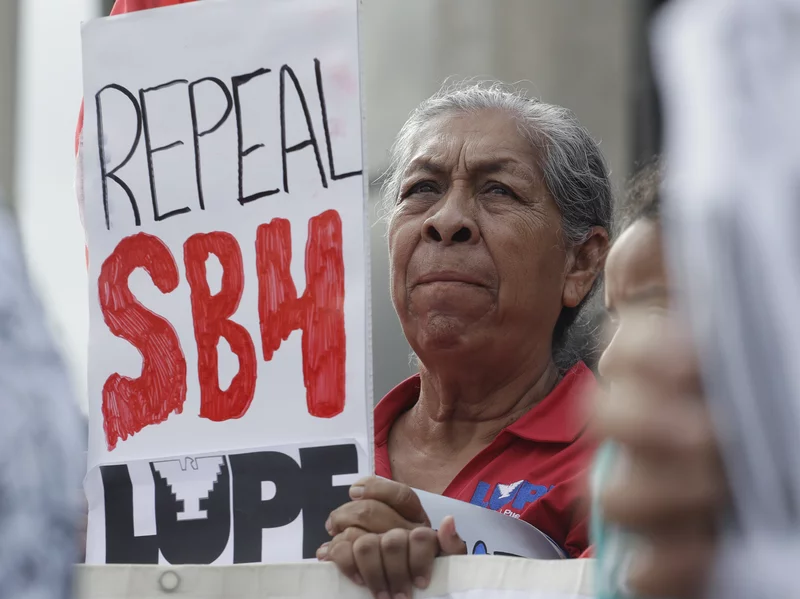
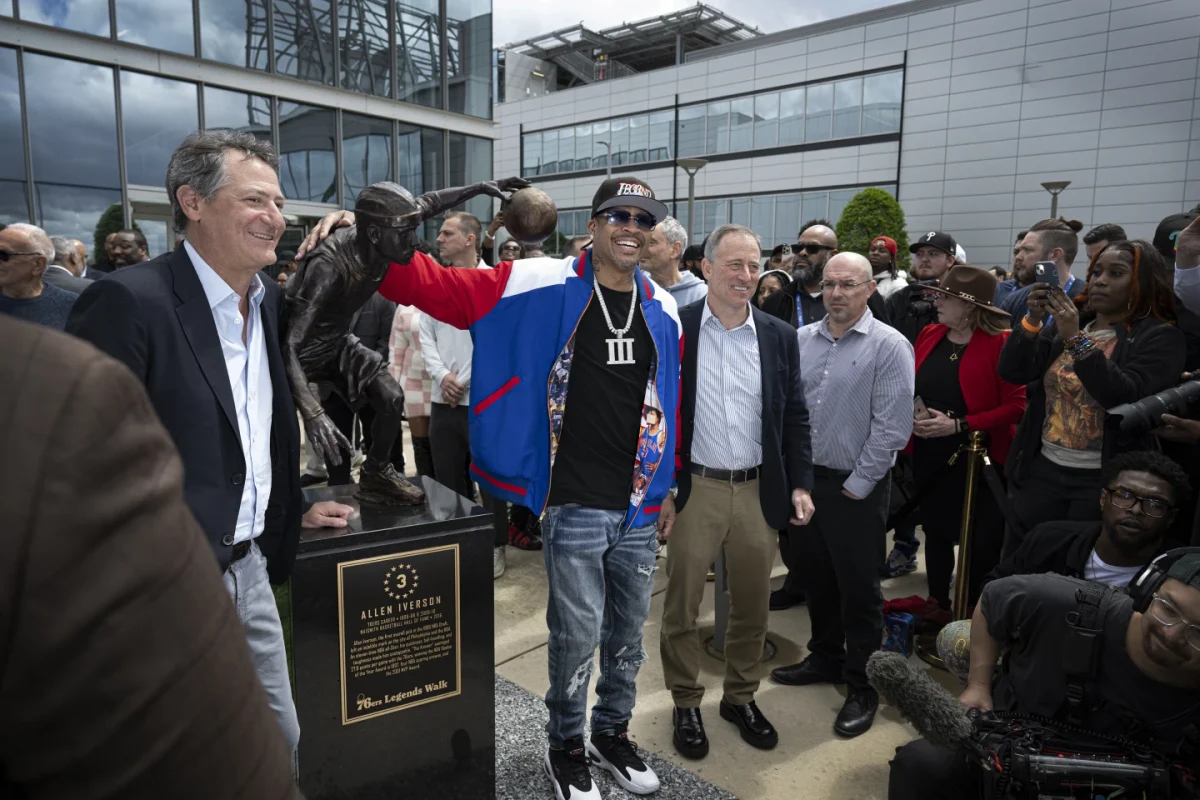





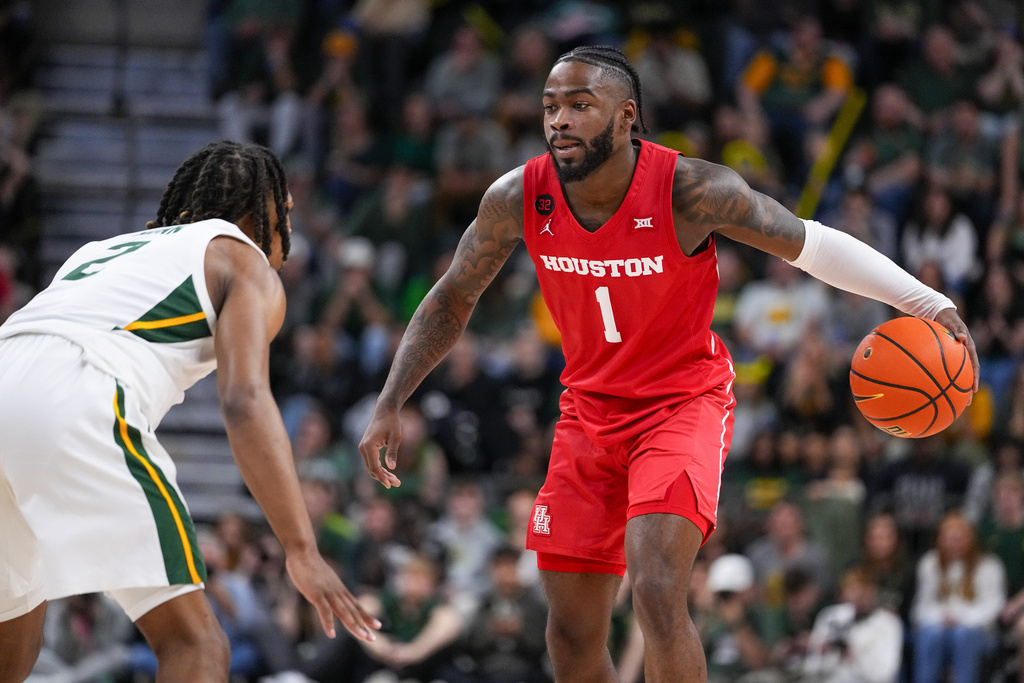
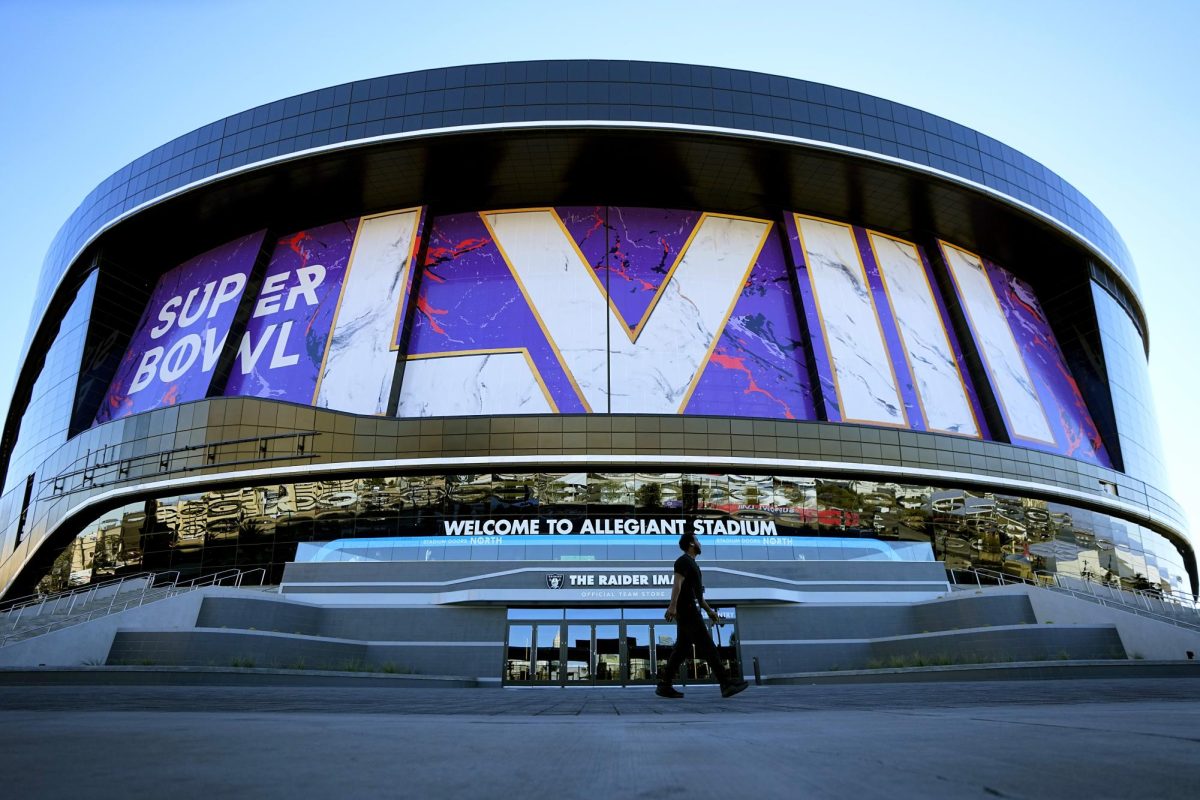
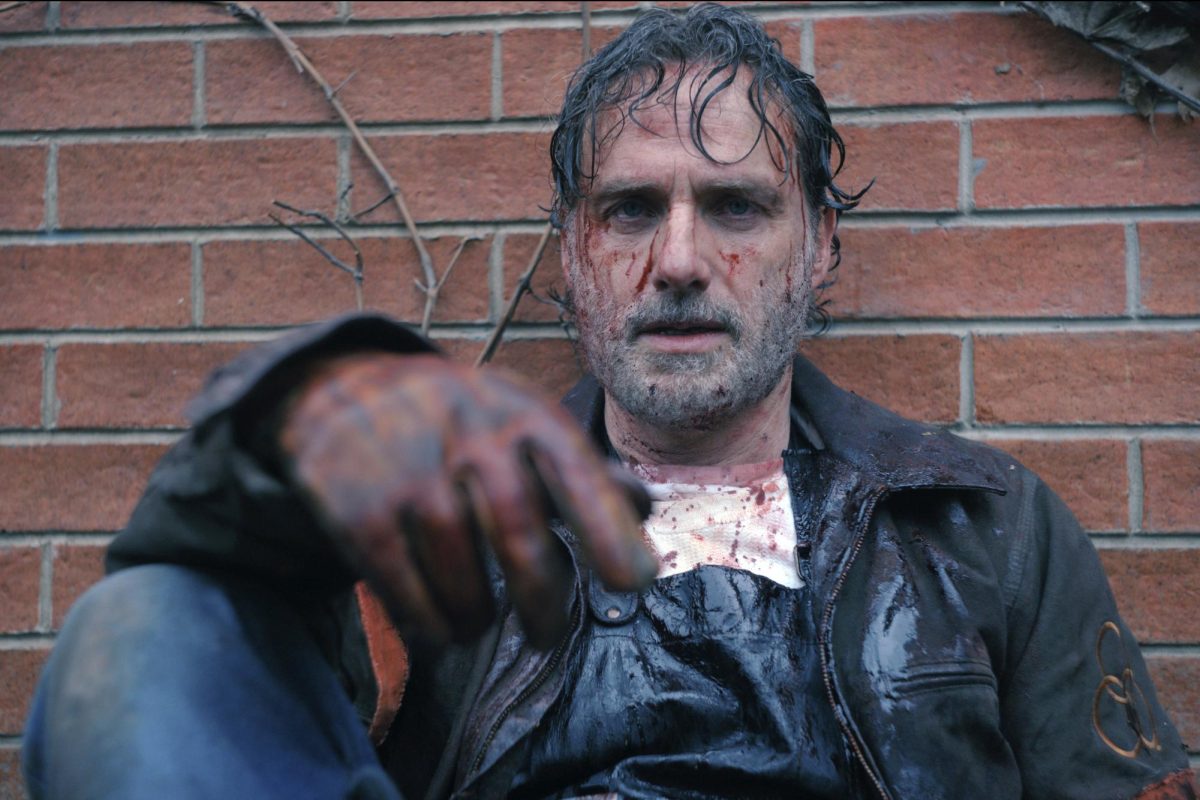



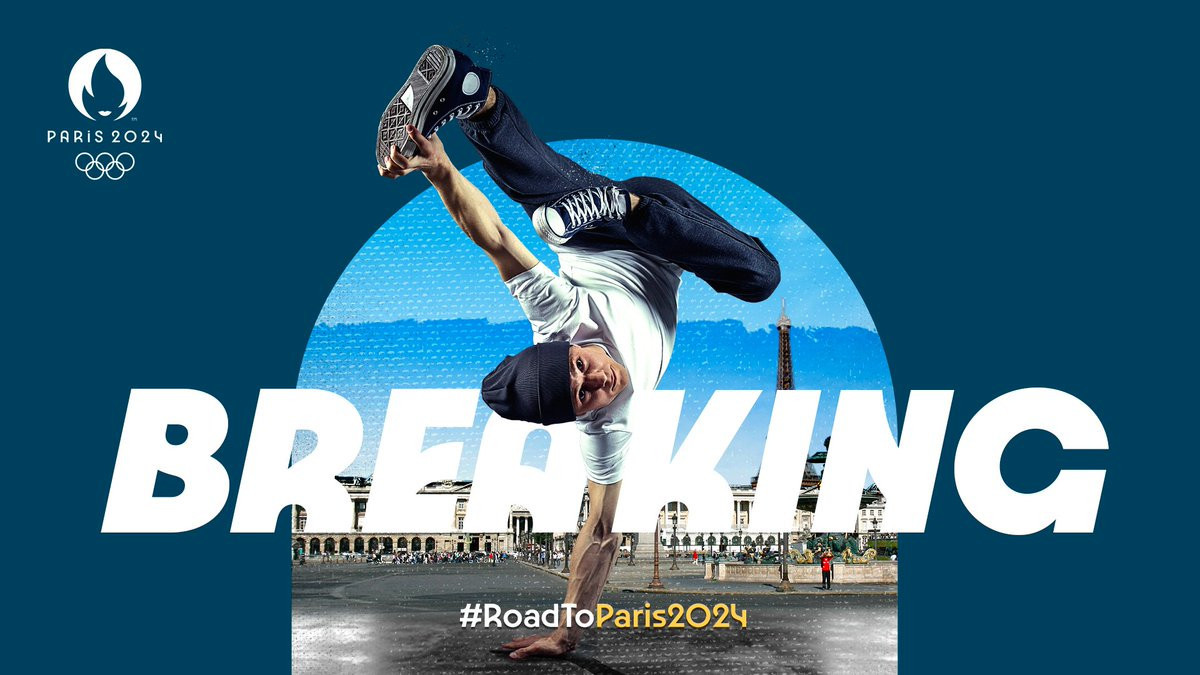
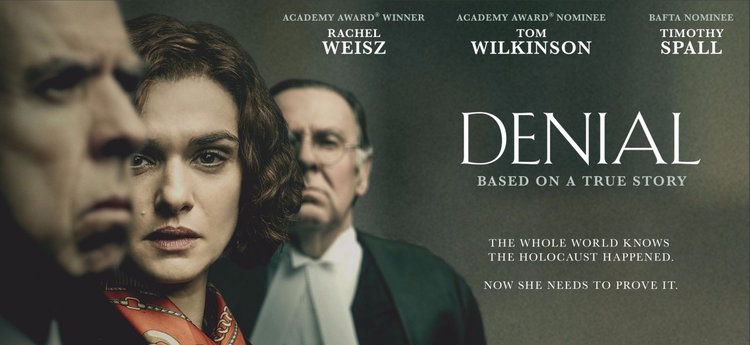

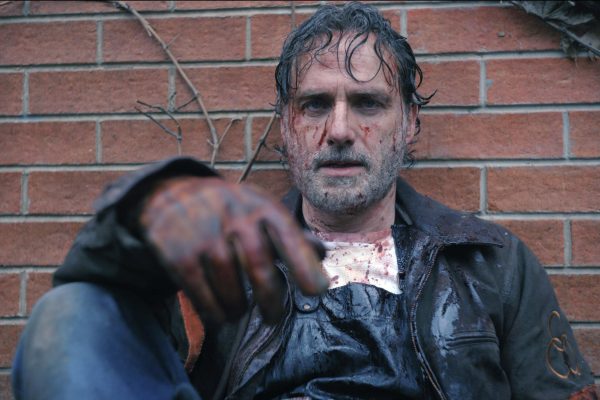


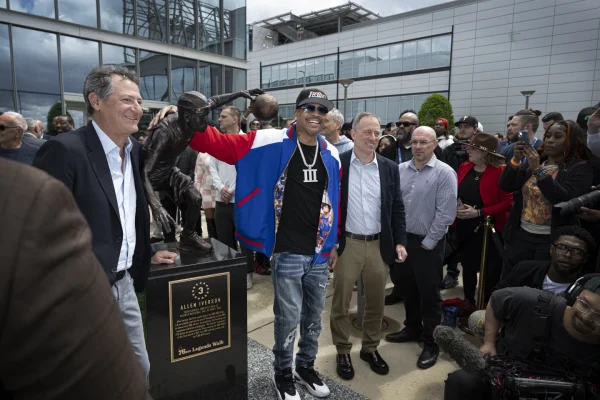




Jett Rucker • Nov 8, 2016 at 9:47 am
I quite agree with the comparison with Election 2016.
Deborah Lipstadt is every bit the vicious, venomous snake that Hillary Clinton is.
Irving is a great deal more-polished and less bombastic than Trump, and is nowhere near as fast and loose with the facts, the verdict notwithstanding. He’d NEVER let his daughter marry a Jew (he has three daughters, and he’s said this). But he IS a White Male.